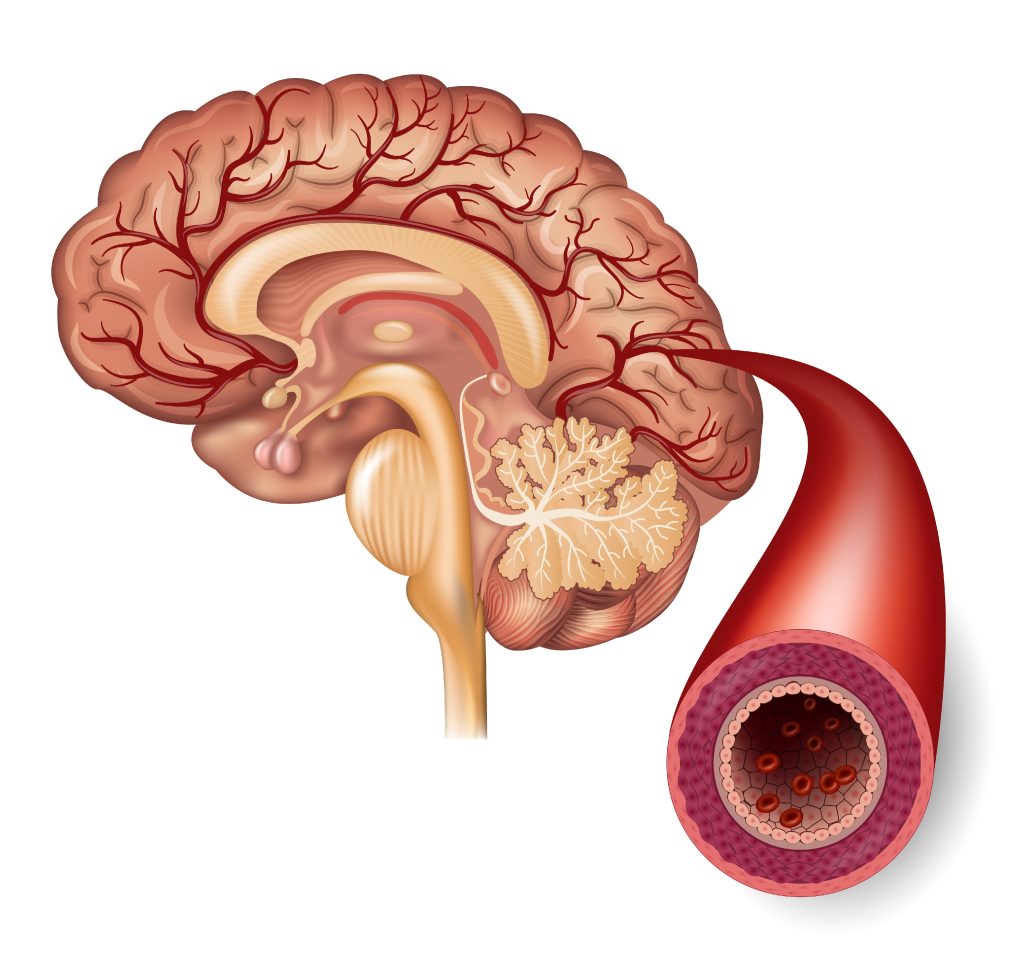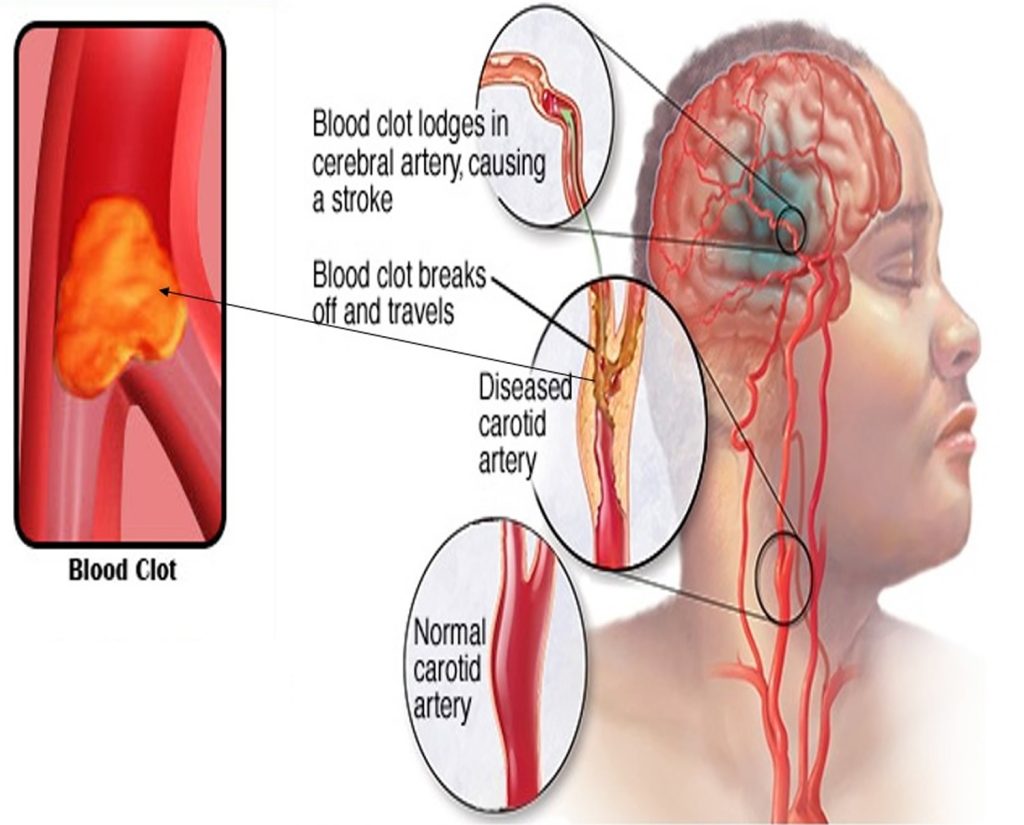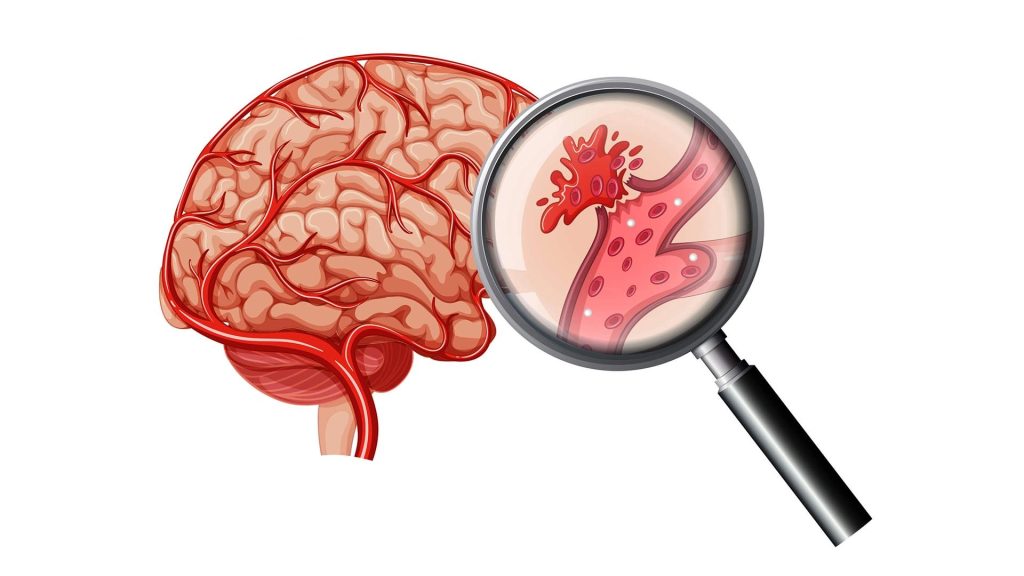Obesity is a complex and multifactorial disease that affects millions of people worldwide. It is a major risk factor for various chronic diseases, including diabetes, cardiovascular disease, and certain types of cancer. Understanding the causes and risk factors of high obesity is crucial for developing effective prevention and treatment strategies. […]
Health
Smoking is a complex behaviour that is influenced by a combination of genetic, environmental, and psychological factors. Understanding the causes and risk factors of smoking can help individuals and healthcare professionals develop effective prevention and cessation strategies. Causes of Smoking 1. Genetics: Genetic factors can play a role in an […]
A transient ischaemic attack (TIA), also known as a “mini-stroke,” is a temporary interruption of blood flow to the brain. It is a warning sign for a future stroke, and it is essential to take immediate action to prevent a full-blown stroke. In this article, we will discuss the causes, […]
A lacunar stroke, also known as a lacunar infarct, is a type of ischaemic stroke that occurs when the blood flow to a small area of the brain is interrupted. This type of stroke is also known as a “silent stroke” because it may not cause any noticeable symptoms. In […]
An embolic stroke, also known as an embolic cerebral infarction, is a type of ischaemic stroke that occurs when a blood clot or other debris forms in one part of the body and travels to the brain, blocking the flow of blood to a specific area. This type of stroke […]
A hemorrhagic stroke, also known as a cerebral haemorrhage, occurs when a blood vessel in the brain ruptures, causing bleeding in the surrounding tissue. This type of stroke is less common than ischaemic stroke, accounting for approximately 13% of all strokes. However, it is more severe and has a higher […]
An ischaemic stroke, also known as a cerebral infarction, occurs when the blood supply to the brain is interrupted, causing damage to the brain tissue. This type of stroke is the most common, accounting for approximately 85% of all strokes. In this article, we will discuss the causes, symptoms, diagnosis, […]
Here’s a comprehensive list of common medications used to manage diabetes: Oral Medications: 1. Metformin (Glucophage): improves insulin sensitivity 2. Sulfonylureas (Glyburide, Glipizide): stimulate insulin release 3. Meglitinides (Repaglinide, Nateglinide): stimulate insulin release 4. Thiazolidinediones (Pioglitazone): improve insulin sensitivity 5. DPP-4 inhibitors (Sitagliptin, Saxagliptin): regulate glucose levels 6. SGLT2 inhibitors […]







